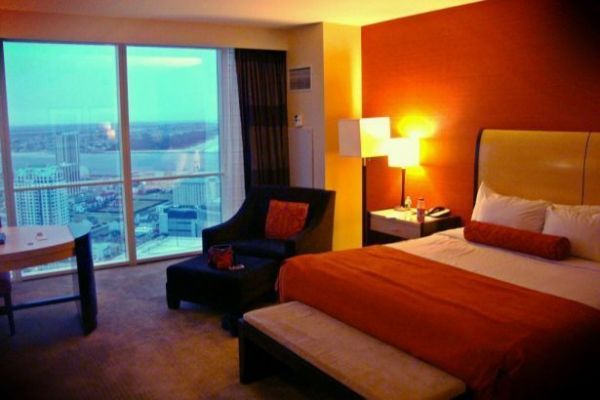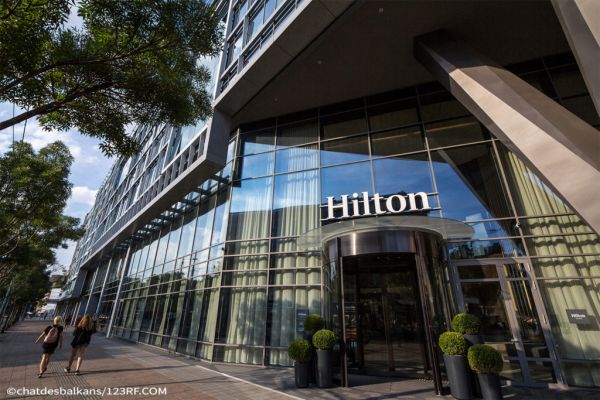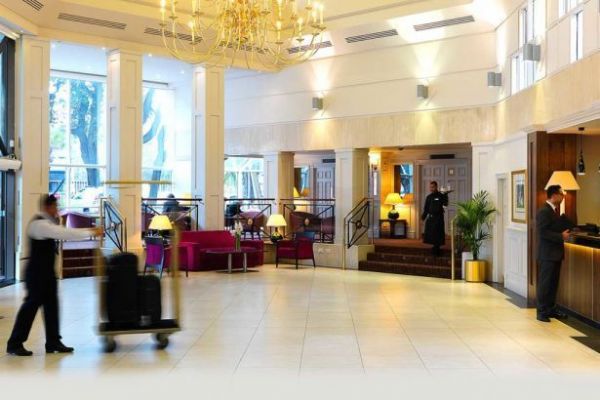Hilton Worldwide, the world’s biggest hospitality company by number of rooms, said it will add more hotels in China than anywhere else in Asia as domestic and international visitors boost demand.
Hilton will open 206 hotels in China, more than three-quarters of the 266 it’s targeting for the Asia-Pacific region in coming years, Martin Rinck, Hilton’s Asia-Pacific President, said. That’s almost three times the 71 hotels the company currently has in China.
“Travel remains strong, both domestically within China and as reflected in the outbound numbers,” with 200 million Chinese estimated to travel internationally by 2020, from 109 million last year, Rinck said in an interview in Singapore. “The underlying fundamentals are positive. Despite the ongoing austerity measures, we are seeing continued positive growth.”
Growing wealth among Chinese travelers is coinciding with a flurry of interest in lodging assets by some investors. China’s Anbang Insurance Group Co. made a $13.2 billion takeover bid for Starwood Hotels & Resorts Worldwide Inc., owner of brands such as Westin, Sheraton and W, trumping an offer from Marriott International Inc. On Monday, the bidding war intensified when Marriott came back with an improved offer, which Starwood accepted.
Japan Opportunities
Hilton sees opportunity in the mid-scale segment and has entered into a franchise agreement with China’s Plateno Hotels to build 400 hotels branded Hampton by Hilton in the next 10 years, he said.
India, Indonesia, Thailand and the Philippines are among Hilton’s other growth markets, Rinck said. The hotel operator has 14 hotels in India and another 18 under development, he said. India is seeing a return of business confidence and increased demand for lodgings, he added.
Hilton is also betting on Japan as a tourism boom has created a shortage of hotel rooms. The number of foreign visitors jumped 47 percent last year to almost 20 million. Prime Minister Shinzo Abe’s policies have helped weaken the yen by more than 20 percent against the dollar since he took office in late 2012. The government expects the trend will continue until the 2020 Olympic Games in Tokyo.
“Japan has great growth potential and for the first time in a long time offers once again opportunities for new builds,” Rinck said. Abe’s strategy to weaken the yen “has had a very positive impact on travel and tourism, resulting in a strong increase in inbound travel,” he added.
News by Bloomberg, edited by Hospitality Ireland









